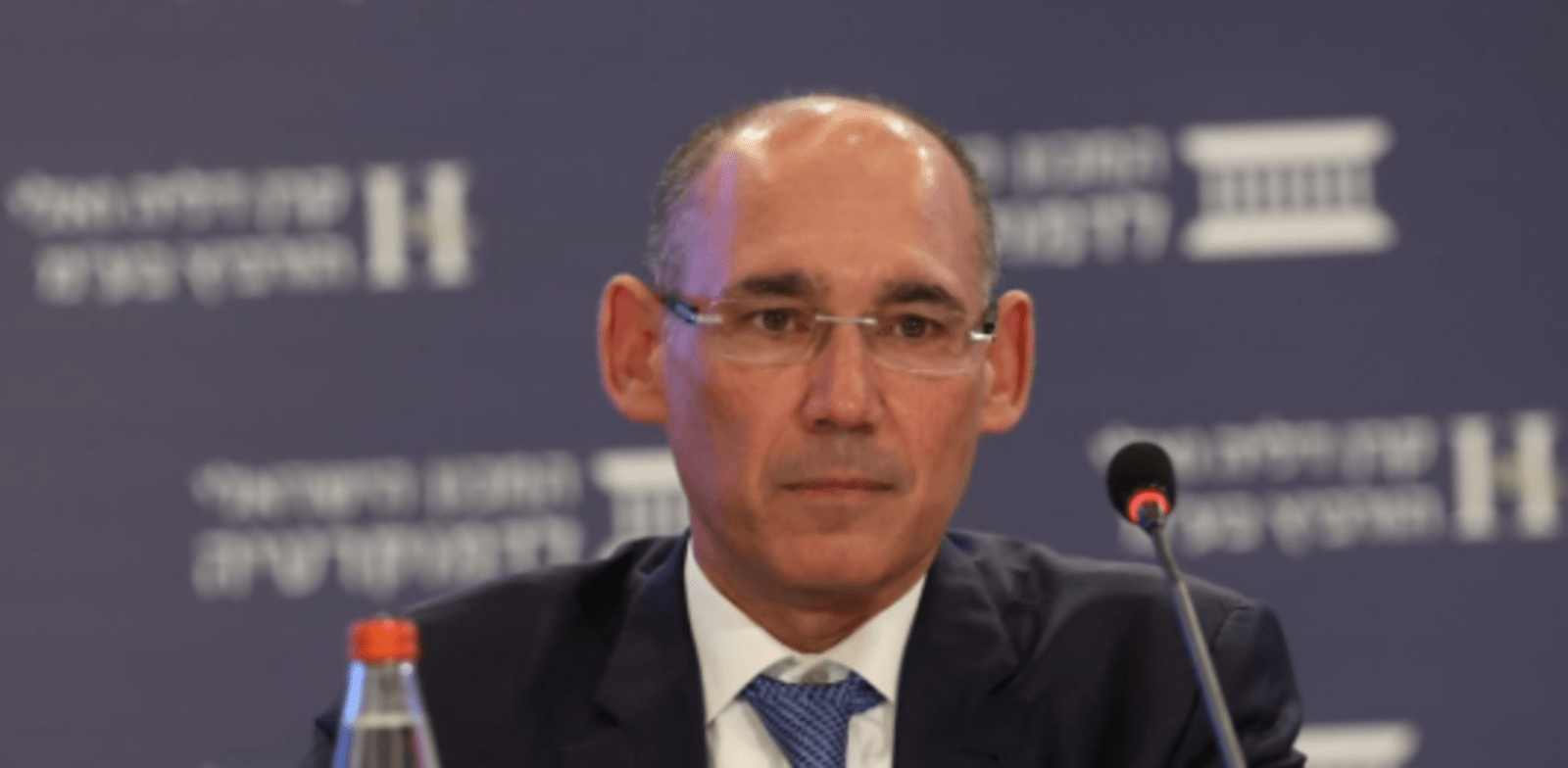By Catarina Demony
LISBON (Reuters) -Brazil’s Luiz Inacio Lula da Silva travelled from the COP27 summit in Egypt to Portugal on Friday to tell officials that his country is back to “normal” as he strives to improve foreign ties and Brazil’s image abroad.
The leftist, who won the presidential election last month against right-wing President Jair Bolsonaro, is due to start his third term in January. Until then, he is on a mission to tell the world that “Brazil is back”.
During firebrand Bolsonaro’s four years in office, Brazil’s ties with many other countries frayed, not least because Amazon (NASDAQ:) deforestation soared under his watch.
On Wednesday, Lula received a superstar welcome at COP27 as he pledged to recommit the rainforest nation to tackling the climate crisis and offered to host future U.N. climate talks. The president-elect met with climate envoys from China and the United States, as well as the EU climate policy chief.
In Portugal, Lula met President Marcelo Rebelo de Sousa and Prime Minister Antonio Costa on Friday.
At a news conference with Costa, Lula said Brazil used to be a “happy” and “hopeful” country but it became “sad” because Bolsonaro did not “want to talk with anybody”.
“Nobody wanted to visit Brazil because his (Bolsonaro’s) behaviour was totally anti-Brazil and anti-democratic,” Lula said. “(But) I want to tell you that Brazil has returned to normality.
“Brazil, after the election, has been returning to being a happy country.”
‘GIGANTIC VICTORY’
After landing, the president-elect had lunch at a restaurant in Lisbon and was welcomed by a crowd of supporters. Brazilians – who speak Portuguese – make up Portugal’s biggest migrant community and Lisbon has the largest number of Brazilian voters outside the South American nation.
As he met Rebelo de Sousa at the president’s official residence, supporters wearing red, the colour of Lula’s Workers Party, gathered outside.
Andre Eduardo, 37, said Lula’s win was a “gigantic victory against fascism”.
Some Bolsonaro supporters also showed up, shouting and accusing Lula of being a “thief”. One, Muria Tureiques, said Lula “wasn’t elected by the people” and claimed he “stole the election”.
Ahead of the vote, Bolsonaro had repeatedly made baseless accusations about Brazil’s voting system. In the end, although he did not concede, Bolsonaro did not block the handover of power. Some of his supporters, however, have refused to accept the result.
The COP27 summit was Lula’s first foreign trip since being elected but Portugal is his first bilateral visit.
“We believe that by choosing Portugal as the first country for a bilateral visit after his election, he is giving a very strong signal,” Foreign Minister Joao Cravinho told Lusa news agency.
Bolsonaro did not visit Portugal during his time in office, and in July this year he cancelled a meeting with Portugal’s president in Brazil because the Portuguese leader had also made plans to meet Lula.
“Let’s resume dialogue for the best of our peoples,” Lula wrote on Twitter earlier on Friday.








































